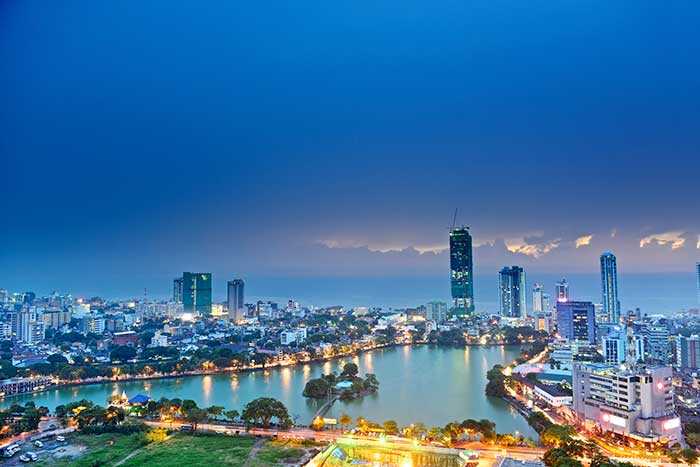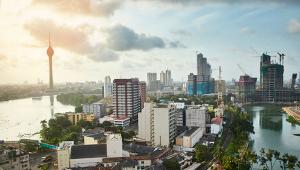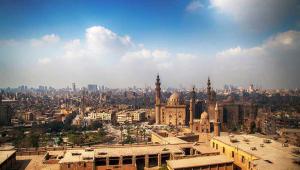web_colombosrilanka_istock_000050638560_large.jpg

Colombo, Sri Lanka
The fund announced on Friday that IMF staff and the Sri Lankan government had reached an agreement on the package, which still requires approval from the fund’s executive board.
It added that formal approval of the programme is expected to catalyse an additional $650bn in loans from other sources, bringing total funds to $2.2bn.
Todd Schneider, IMF mission chief for Sri Lanka, explained the money would support the government’s “ambitious economic reform agenda” based on fundamental tax overhauls and sustainability in public finances.
The government hopes to reverse a two-decade decline in tax revenues, which would allow the government to cut its deficit and debt levels while preserving key social and development priorities.
Proposed tax changes will include eliminating exemptions, holidays and special rates to both simplify the system and increase its efficiency and equity as well as growing revenues.
Through a new inland revenue act, as well as VAT and customs code reform, the government hopes to raise tax-to-GDP ratio to around 15% by 2020.
The country’s tax revenues have been on a steady decline amid a nearly 26-year-long civil war in the country. By 2012 they had fallen to 10.4% - their lowest level since 1950.
Schneider explained that the government’s tax policy changes would be complemented by reform in revenue administration in order to improve capacity.
Authorities will make use to information technology to bolster tax collection and clamp down on corruption and discretionary tax treatment.
“Together with more efficient management of government expenditure, the programme will support a steady reduction of the overall fiscal deficit to 3.5% of GDP by 2020,” he said.
Earlier this year the IMF urged Sri Lanka to put its house in order as the fiscal deficit exceeded the original budget target and threatened to widen further, while public debt soared at over 74% of GDP at the end of 2015.
The World Bank has also warned that the country’s “chronic” revenue shortfalls must be addressed, while the Asian Development Bank president Takehiko Nakao has echoed the need for prudent economic management.
The ADB recently scaled up support for Sri Lanka to $2bn over 2016-18 with a focus on basic infrastructure, as the government struggles to deal with the legacy of borrowing for capital projects.
Schneider said reform of state-owned enterprises would also form a key part of Sri Lanka’s economic plan in order to limit future risk to public finances and enhancing the role of market forces in the economy.
The debt-ridden national Sri Lankan Airlines in particular is a significant drain on public resources, with debts totalling around $3.25bn.
Schneider said the government is committed to deal with this damaging legacy, and said increases in transparency, better targeted subsidies and marketisation will bring improvements to the circumstances of key state firms.
Overall, Schneider said the government’s plan and the IMF’s support will help achieve the “lift off” of the Sri Lankan economy and tap into the country’s “significant economic potential”.












